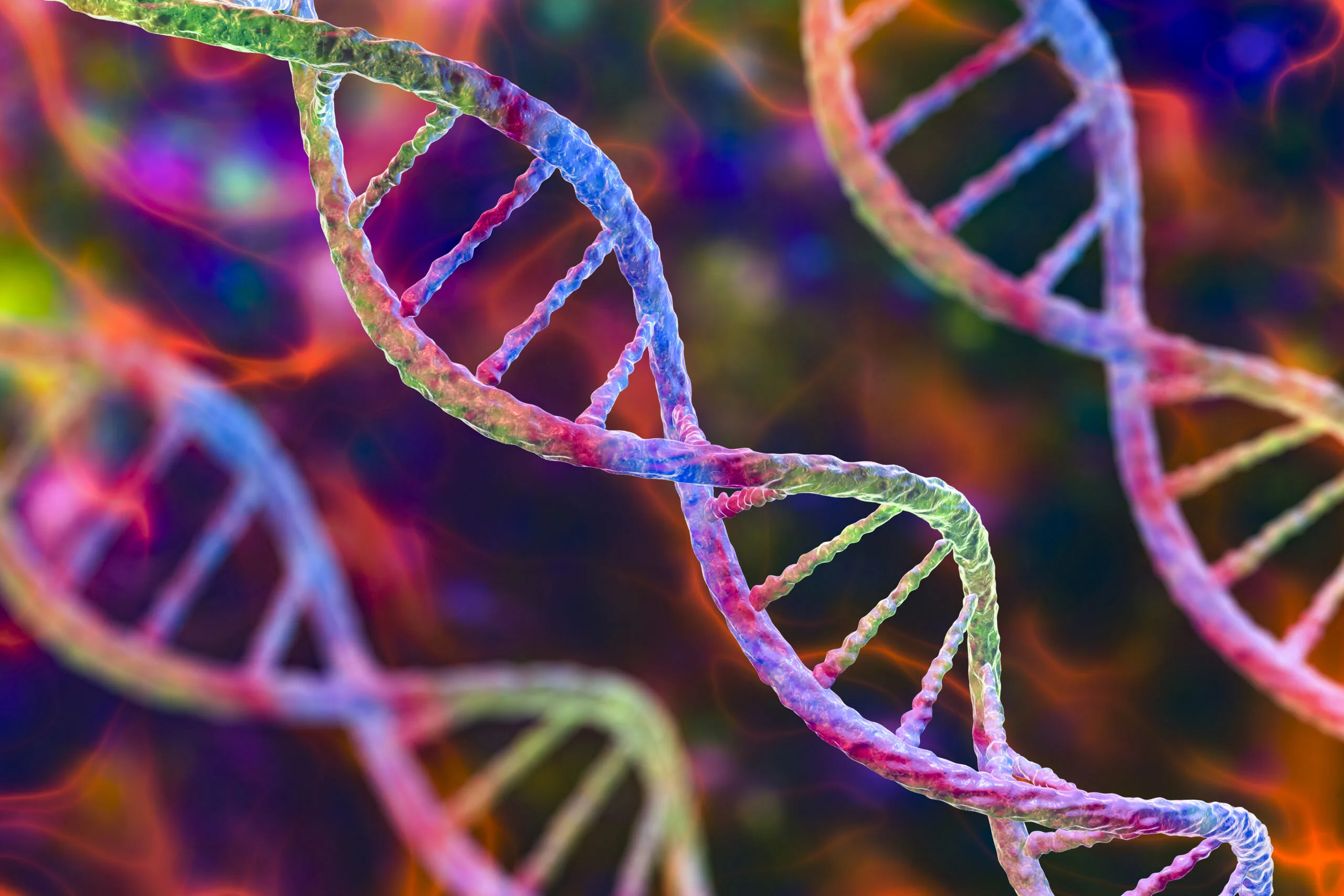The Relationship Between Genetics and Alcohol Use Disorder
Nearly every family has experienced addiction on some level.
Maybe it was a sibling or parent that you watched battle a substance use disorder for years; maybe it was a relative your parents kept at arm’s length; maybe it was (or still is) you.
Addiction has long affected men and women of all ages, races, financial and social statuses and more; but it’s more common now, and rising annually at an alarming rate.
Where do all of these addictions come from? Is the root cause something as out-of-our-control as genetics, or is it something more manageable, like our social circles? Could it be both?
We’re going to take a closer look at genetics and addiction, specifically within the context of how genetics can potentially play a role in the development of an alcohol use disorder.
What causes addiction?
A better question is, what caused your addiction?
Substance use disorders on any level are complex issues that are rarely isolated in one root cause. The causes can be vast, and each case will be unique; different factors will be more influential in certain peoples’ lives than others.
Two women might both share a genetic vulnerability to addiction, but due to the other elements in their lives, one develops multiple addictions while the other never develop even one. This is because genetics do influence our health, but they’re rarely the sole cause of a condition.
Additional common factors that can contribute to addiction are:
- Environment (home, work and social circles)
- Mental health (anxiety, depression)
- Relationships (especially those that are notably stressful and hurtful)
- Neurological state (such as pre-existing addictions)
- Developmental factors (childhood trauma, absent father)
While the above factors are among the most common contributing elements to the development of addiction, the truth is there are many more. Whether or not these factors actually lead to the development of an addiction, though, often depends on a person’s genetic makeup.
Genetics and addiction
The American Psychological Association confirmed that at least half of a person’s susceptibility to addiction is frequently connected to genetic factors.
Don’t let this information scare you — it does not mean that if you have this genetic susceptibility you will automatically develop an addiction at some point in your life. It also doesn’t mean that you’re doomed to develop a substance use disorder, regardless of who or how many people in your family are struggling with addiction.
Having a genetic predisposition to addiction means just that: you have a genetic predisposition. It can be beneficial to use that information to be more intentional about who you spend your time with and the activities you engage in, but it doesn’t have to be a source of fear.
We cannot control our genes, but we are in charge of our actions.
Genetics and alcohol use disorder
Have you ever heard someone say that alcoholism runs in their family? You might have even heard someone (even a scholarly article) use a phrase like “the alcoholic gene,” which both perpetuates a stigma and is misleading.
Genetics can influence and increase a person’s susceptibility to developing an alcohol use disorder, but it’s not as black and white as it might seem. Genes alone are not the deciding factor in whether or not you’re going to develop an addiction at some point in your life.
The genes that have been linked to alcohol use disorders are involved in how the body metabolizes alcohol, as well as how the body uses its pleasure-and-reward system.
One genetic variation causes certain individuals to metabolize alcohol much slower than others. This can lead people to drink more or faster in an attempt to experience the desired intoxicating effects more quickly.
Another genetic variation affects the brain’s reward system in a way that increases the pleasurable effects of alcohol. Therefore increasing a person’s likelihood of indulging in alcohol in larger amounts and more frequently.
Knowing where to begin with starting recovery can be overwhelming, but we’re here to help no matter which substance, or where you’re at in your journey.
Speak with an advisor today
Freedom Detox is a premier freestanding inpatient detoxification treatment center for substance use disorders, nestled just outside of Charlotte, North Carolina.
Whether you’ve only just realized the severity of your substance use disorder, or perhaps are deciding to seek treatment after years of struggling through it alone, we’re honored to help.
Our team is a close-knit unit of highly trained medical professionals who all share the common passion of helping you attain sobriety so you can build your truly greatest life.
Whether you’re ready to enroll in one of our programs or have a question for us, we’re here to support you every step of the way. Send us a message or call us to speak with an advisor today.







